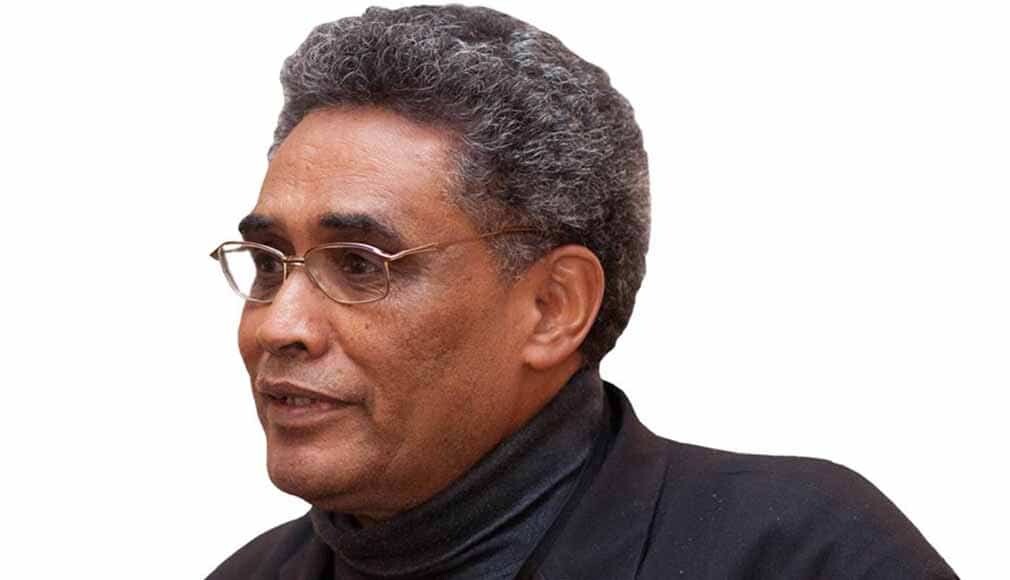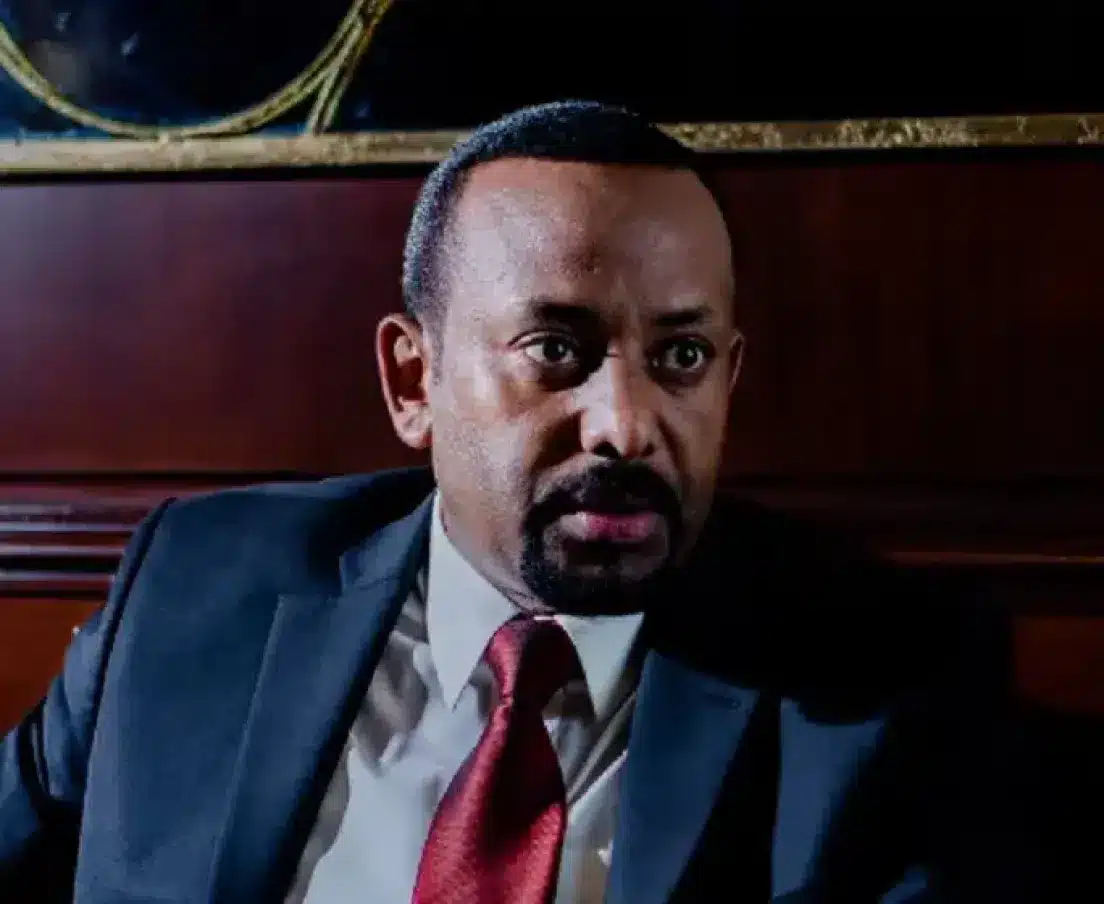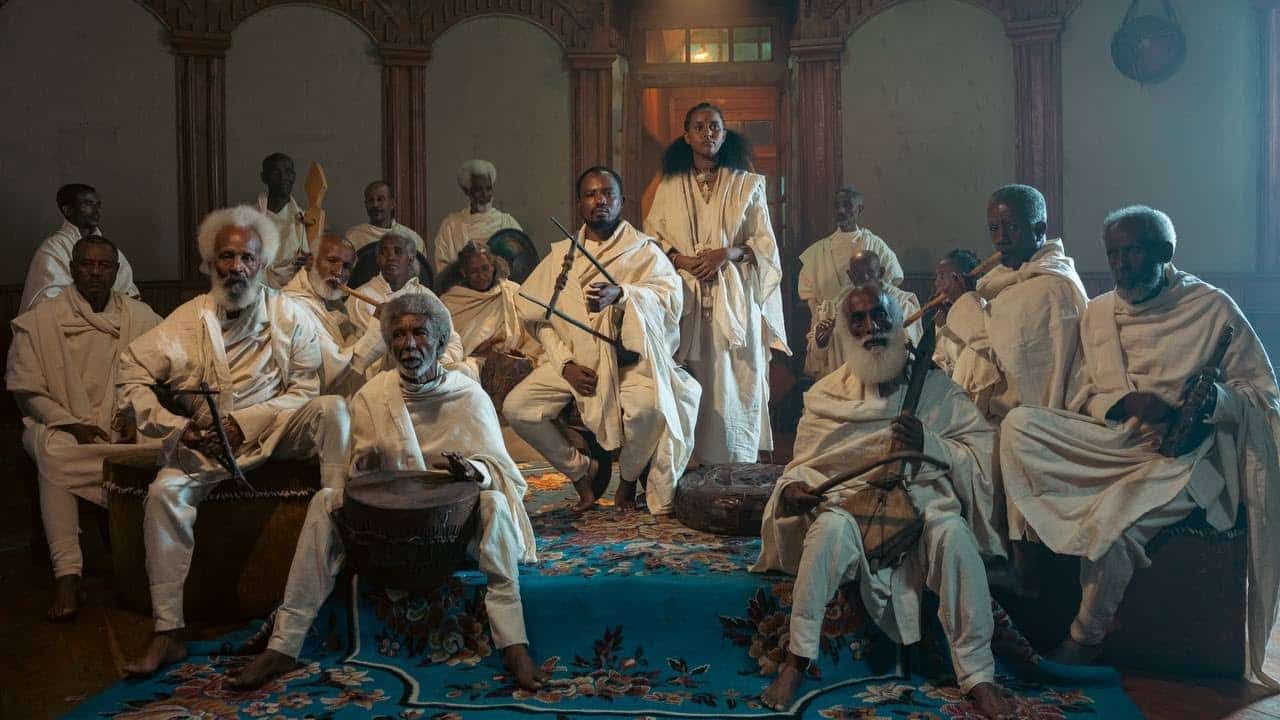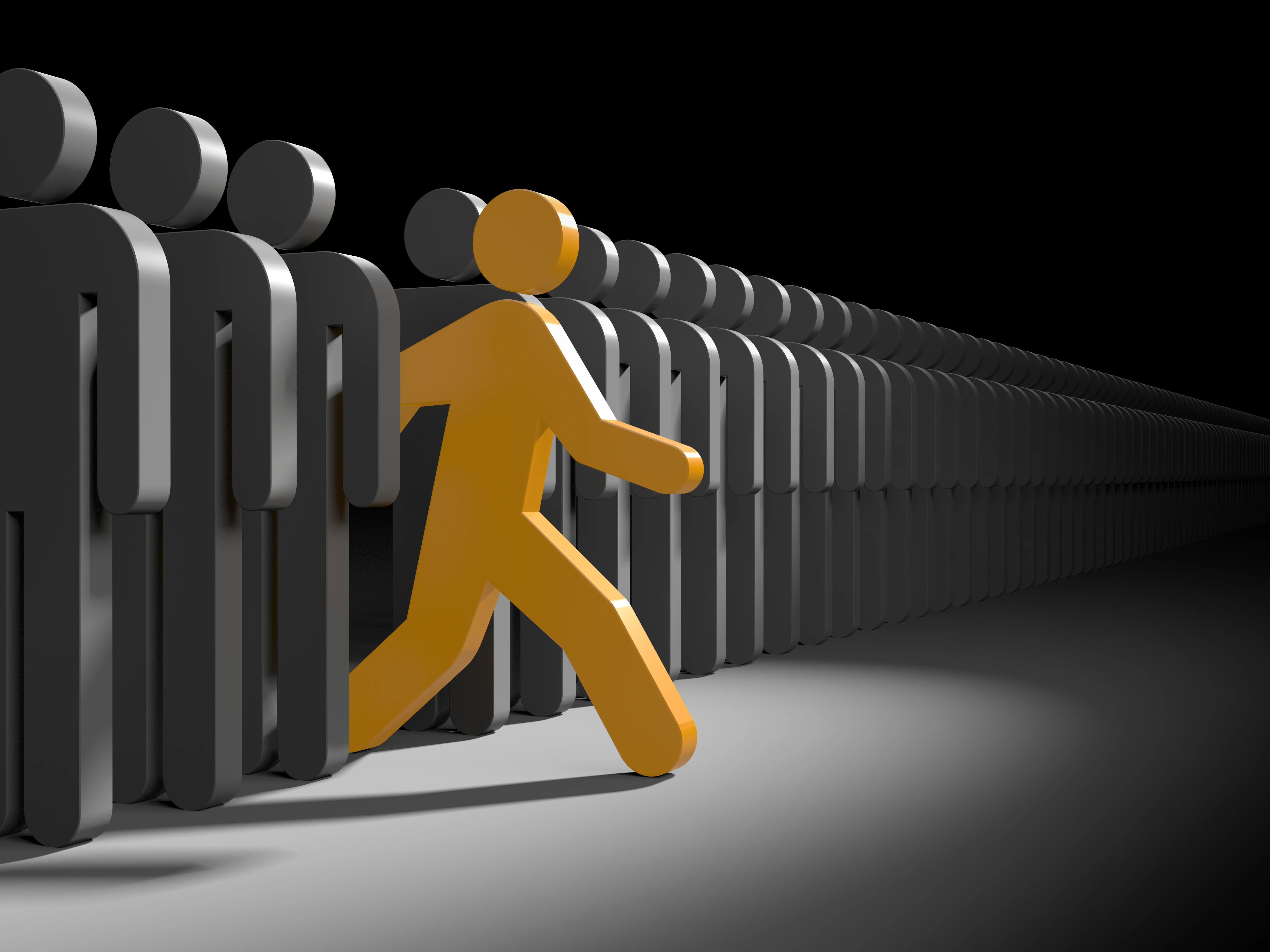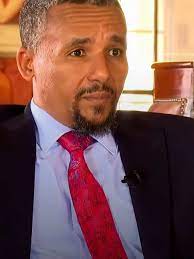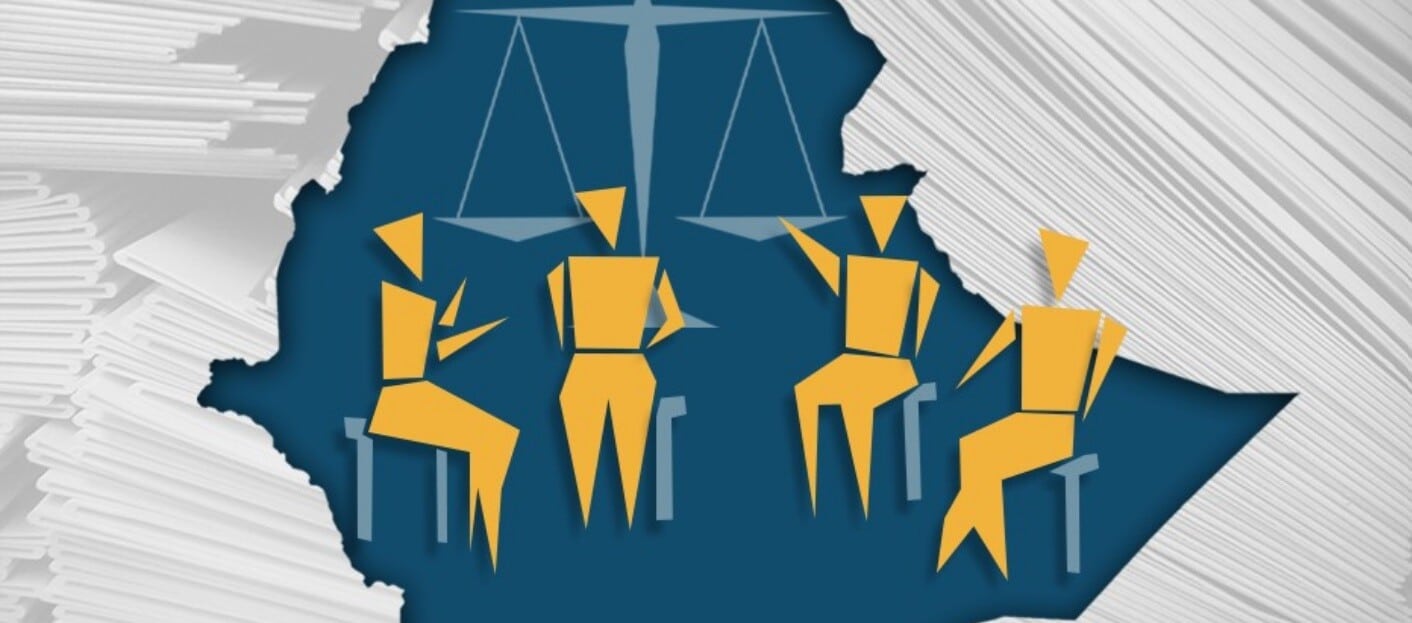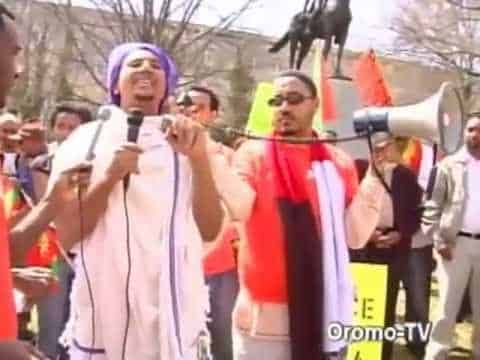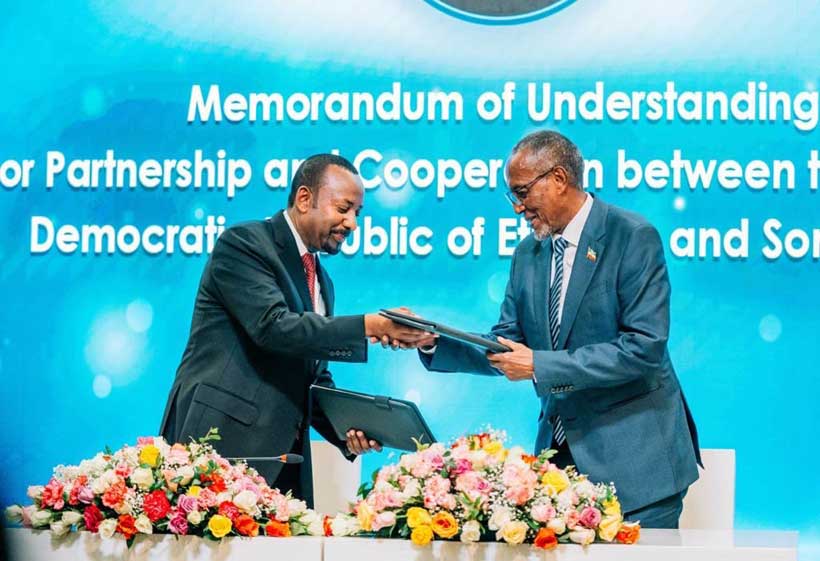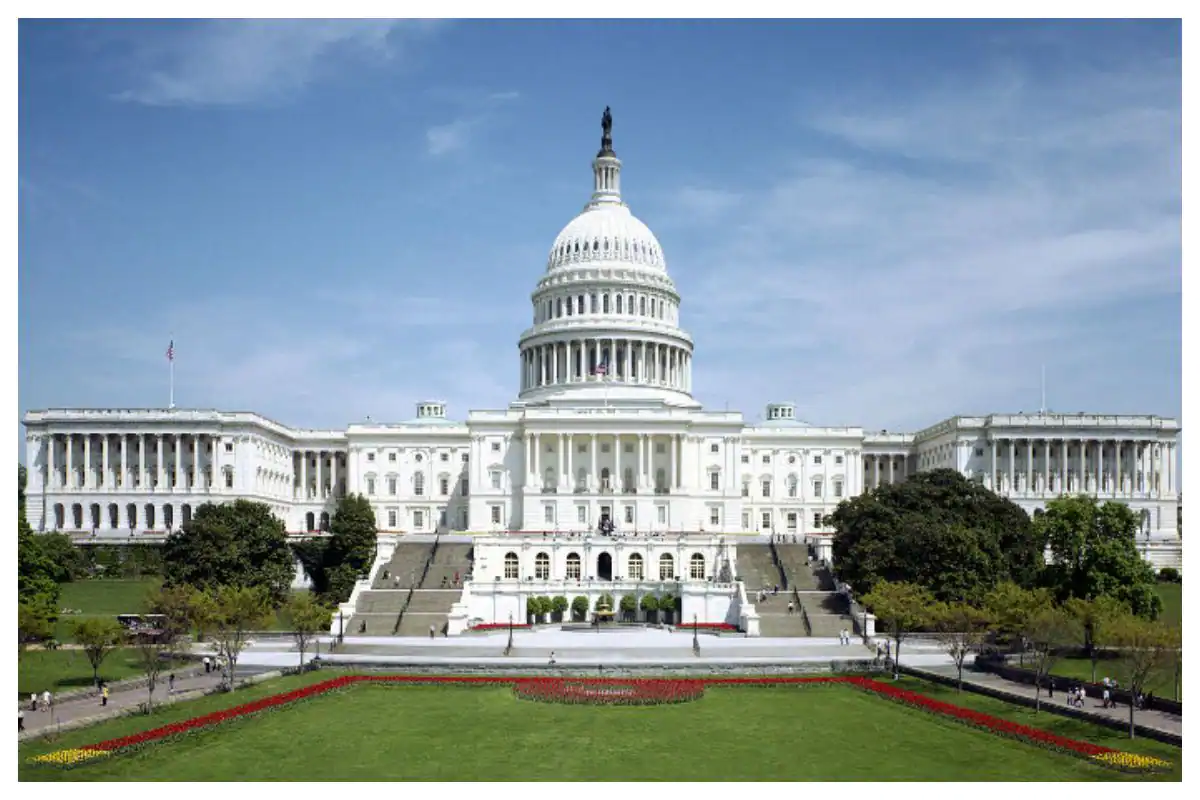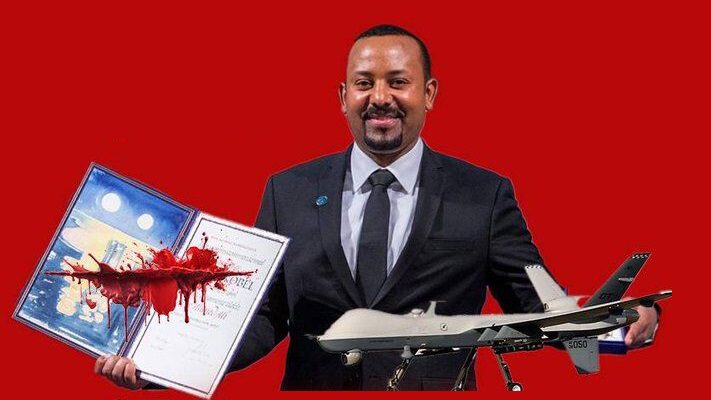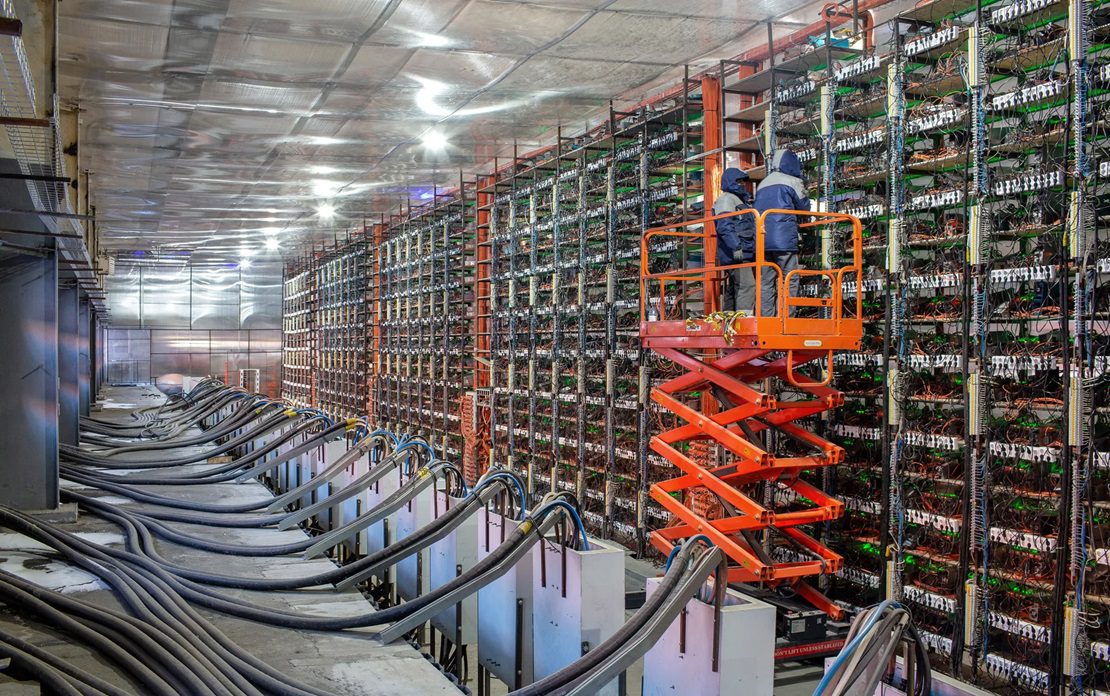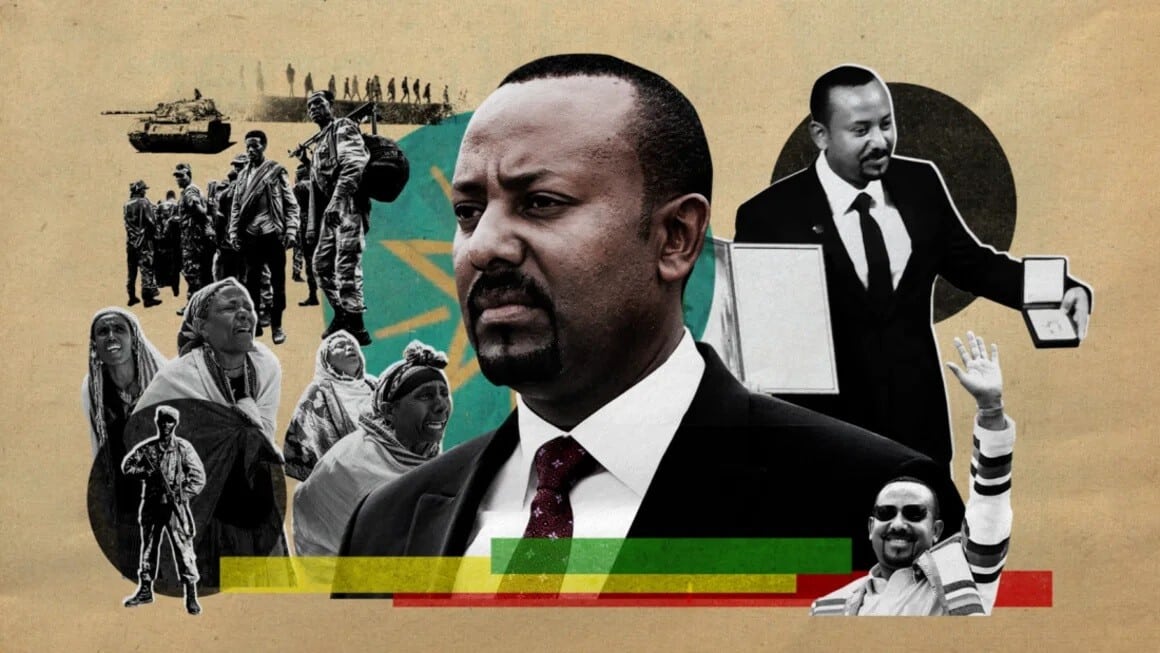By Professor Mammo Muchie
July 11 2008
Inspiring Quote!
“A human being is a part of the whole, called by us, “Universe,” a part limited in time and space. He experiences himself, his thoughts and feelings as something separated from the rest — a kind of optical delusion of his consciousness. This delusion is a kind of prison for us, restricting us to our personal desires and to affection for a few persons nearest to us. Our task must be to free ourselves from this prison by widening our circle of compassion to embrace all living creatures and the whole of nature in its beauty. Nobody is able to achieve this completely, but the striving for such achievement is in itself a part of the liberation and a foundation for inner security.”
(Albert Einstein – (1879-1955) Physicist and Professor, Nobel Prize 1921
1. Introduction
There are many things that can easily be used to create distance, to separate people from one another, to subtract their dignity, their humanity and solidarity. How can those who believe and those who do not believe, for example, in one supreme creator express empathy and solidarity or respect each other? How can those who believe in religion and those who believe in evolution come together? For those who wish to exclude others with differing beliefs from themselves, let alone on such big differences like a belief in religion or science, but even on minor differences and anxieties of every day life, can be a cause to create distance and even wage divisive and unwarranted quarrels without any desire to end it.
The truth is that even science and religion have something shared in uncovering the deep mysteries beyond. For religion God is the ultimate mystery. For Science, the universe is the ultimate mystery. What is shared and common between them is indeed the different ways of fathoming the respective deep and big mysteries. The instruments of understanding are different.
Religion relies more on revelation. Science relies more on reason. But what they try to uncover is the deep mysteries that have eluded human capabilities to understand. Scientists have not unlocked yet why there is a universe or universes, from the source of the origin to its trajectories, though they have made big strides in understanding how the universe functions. There are as many religions perhaps as there are scientists showing human understanding of the ultimate ordering principle-God- is also not as unified as one may have expected it to be.
If religion and science can share a common space occupied by mystery, one would have thought those who use different political parties, different policies, programmes and platforms might find it easier to open a space where they can compete whilst consulting each other on the matter of how to realise in the best possible and least expensive way human rights, social solidarity and social justice for human communities across the world.
For some reason what we see is that those who dabble in politics often tend to polarise rather than find and reach out beyond their own loyal circle of like minded persons to others who oppose them to find a common ground to move a shared agenda to change a poor country into a self-respecting country, a hungry country into a well-fed country.
2. When Will the Suffering End?
Ethiopia is one of the oldest most suffering nations in this planet. It went through hell in the Second World War under Mussolini’s fascist aggression.
It emerged from the war to confront a number of civil wars where external and internal actors coalesced to make the people, country and nation suffer.
Its elites imported undigested ideas that simply became a reason to impose red terror and whit terror. It fell for a virulent form of ethnic and vernacular decomposition that has undermined Ethiopian citizenship rather than build it, despite the claim by those who imposed this particular form of ethnocentrism.
Then it fell for the modern famine that begun in 1973 and has not been put behind us. Very sadly, once again a spectre of famine re-haunts Ethiopia! This is not because Ethiopia cannot feed itself. It can. But the requisite values that put human rights, human solidarity and social justice for all Ethiopians irrespective of origin, religion, age, gender, politics, rather than the happiness, life and liberty of the elites and their backers, have not been given the hearing of a day let alone to get the values of human rights, social solidarity and social justice to become institutionalised and sustained.
Then we saw the politics of practising the deception of election. The deception was openly exposed particularly since the May 2005 Election. The claim that peoples voices, choices and votes matter turned into a farce when in reality their votes, choices, preferences turned into sending the elected to prison and some of those who voted to death, and others into exile.
It is time Ethiopia comes out of this self-inflicted prison of successive compounding of problems. It is time for each one to understand solidarity with others is what makes one to be human, and not the pursuit of life, liberty and happiness for the individual alone. The latter makes one a carefree and careless individualist and egoist going for self even if this tramples upon the acts of solidarity with humans and nature.
The acknowledgment of the principle ’I am because you are’ is more than ever necessary specially for all those who are involved in setting up parties and waging struggles to change society, people, nation and country. It is an obligation that they have to stop attacking each other and begin conversation with tolerance not because they have to like each other; rather it is the necessary and sufficient obligation to get Ethiopia out from the prison of problems into the freedom of possibilities and opportunities. In Ethiopia, those who do not have the capability and tolerance to express spirits of solidarity may be advised to refrain from creating difficulties for the country and should be self- critical, evaluate themselves and stop spoiling public life from evolving into directions that can truly tackle the real problems of real people in Ethiopia.
3. From Unity to Fragmentation
May 2005 showed if it showed anything else that the people can choose if those who seek to be elected public servants and not masters present their case with clarity. What came to light with compelling force was the reality that losing power for those who hold it was not on the agenda whether the people invited to vote choose to reject existing power, uphold it or were prepared to welcome new power.
What became demonstrated is this: a game of invitation to the people to choose had nothing to do with power conceding to respect the choices, votes and voices of the people? It had everything to do with playing the multi-party election game often demanded by those who make conditions of ‘good governance’ for the qualification of low-income states like Ethiopia for G8 funding and multilateral and bilateral ‘budget support.’
There was neither debate or an opportunity to sharpen ideas and policies how to evolve a governance system that can sustain human rights, social solidarity and social justice for all in Ethiopia to create change without disrupting the inner security of all citizens irrespective of language, creed, gender, age, ethnic origin or religion.
What emerged also during the entire process and leading up to the Election Day on May 15, 2007 was remarkably how opposition unity continued to hold despite the fact that the units and fractions that came to form alliances and coalitions appear to have variations in philosophical outlooks, age differences, strategies and perhaps even visions. The unity of the opposition was strong enough to induce fear of loss of power and a nightmare scenario of subsequent events by those who had reason to worry losing a grip on power!
For those of us who wish to see the novel experience of peaceful democratic transition involving all citizens and also achieved by all citizens, the sheer excitement was to see change come to the country. We hoped naturally for forces to come that put priority above all on values such as the attainment of human rights, social solidarity and social justice achieved by no other means other than through peaceful policy dialogue, reflection and foresight by the country’s own citizens who have chosen to engage, organise and compete for public office.
The process run into a hitch and eventually those who fear prevailed over those who had hope to bring the novel experience of transition with peaceful means by transforming power from one set of political groups to others competing against the incumbents.
Like a driver who always makes the wrong turn, history moved away from the lofty aim of securing a peaceful transition through the choices, voices and votes of the people back to the uncanny and worn out reliance on the barrel of the gun to maintain power! What eventually came is not change but more of the same situation that has not expanded human solidarity, human rights and social justice for all.
The aftermath of the election led to the disintegration of the opposition unity where some of those who called for civil disobedience went to parliament and those who showed unity by supporting calls which they did not initiate for the sake of opposition unity ended up in prison.
The prison period seems wasted in terms of ironing out differences, and it appears, contrary to expectations, to have not united but exacerbated conflicts and divisive differences. This was not helped by the division outside prison and abroad by those amongst those most actively organised in supporting the call to free the prisoners of conscience.
The post- prison situation continued the fragmentation and exposed some of the most unusual insults we have ever heard in any political situation in our life times. We hope it has ended for good never to return ever into public life. It is a self- indulgence that the nation cannot afford. The people cannot afford. The country cannot afford. Even those who indulge in it cannot afford. It is very embarrassing that it ever happened at all, as it is also so needless.
Unfortunately web sites and pal talks are full of unhelpful exchanges that must be stopped. Freedom does not mean the right to insult others. It is an abuse of freedom to insult and assassinate the character of those who may have different approaches to ones belief. It is critical that all stop the abuse of freedom to personalise and attack persons rather than ideas, systems of oppression and plans that may fall far short of delivering human rights, human solidarity and social justice.
4. From Fragmentation to Regroupment
In a poor country like Ethiopia, had we been lucky to have people who can lead the nation, with the spirit that is broad minded and deep, and by being ready and willing to’ widening our circle of compassion to embrace all living creatures and the whole of nature in its beauty,” at least that of our own Ethiopia and Africa, we would have been able to create and institutionalise a system of governance where at least those amongst us who wish to engage in public service will join two competing parties that also make it a principle to learn, to behave, and cultivate to consult each other on the major issues that affect the well being of the people, the nation and the country.
But we seem to be very far from that goal yet. We have a number of types of forces at present: those who grouped or clubbed together to rule, those in parliament who oppose them loyally, those who are both inside and outside parliament, and those who are outside parliament, and others who wage armed opposition connected partly to the condition of a self-torturing region that lacks neither a security community or inner security with the many unending conflicts.
In principle they all should find a way to find a rule of the game to enter into a process where they can compete and consult each other provided they share values of human rights, human solidarity and social justice as the core overriding value just as religion and science find a shared space in the fact they both seek to unravel deep mysteries that has defied human intellection to date as far as we know.
What is needed now is a broad social movement that includes who ever can be included to make sure key values are shared by all those who join public life and those who do not share these values are encouraged to share them, if they fail to share them, a collective action is mobilised to restrain them from spoiling the destiny of this far too much abused nation. Ethiopia must come out of the prison of problems, conflicts and disasters that put into jeopardy millions of its citizens. Ethiopia must be liberated and be made to enjoy the freedom of human possibilities and solidarities.
It means the overriding values must be learned and shared by all especially those choosing to engage in public life voluntarily. The values then become the guiding principle of political conduct for all those who have self-organised themselves to enter into public life seeking either power or change. Let those, who under the guise of exercising ones freedom and happiness, complicate the opportunity to develop a shared political space refrain and restrain themselves from misinforming, ill-informing and spreading malicious rumours and innuendos based on grievances, greed or vengeance, real or manufactured. It is time that the country must not remain consigned to the barbaric humiliation of not being able to feed itself when it can, not being able to govern itself by empowering all citizens, when it can, not to come out of conflict both internal and regional when it can, not to come out of poverty and begging, when it can- the key to it all is putting unity of values first by going beyond the fragments to anchor human rights, human solidarity and social justice in the beliefs, institutions and politics of the country.
5. From Re-Groupment to Consolidation and Unity
The current regroupment came in the wake of a process of unity that led to fragmentation and from the latter to the sort of regroupment we see now underway, and from the latter hopefully consolidating unification. It matters therefore very much how each regrouping unit functions and the principled way it behaves towards others in order to keep open always the chance to enter into some workable alliance or coalition based on key values that matter to fostering the well being of the people.
We emphasise human rights , human solidarity and social justice to make it clear what Ethiopia needs is to come out of conflict to get all to work so that all the peoples needs for education, health, food, water, shelter, milk, sanitation, hygiene and well being is fully met. This is the human right of every Ethiopian. And no Ethiopian fills fulfilled until all Ethiopians have their human rights to be educated, to be fed, to be cared for from ill-health, to have clean water, milk, shelter, sanitation and the conditions for a safe environment are met. That is the social solidarity that we all must express to one another. One Ethiopian is diminished when the other goes hungry. The human solidarity of the Ethiopian is to behave, to feel, to think, to work very hard so that all Ethiopians have all that they need to have to function to be competent and to be capable to solve any problem confronting them by any means necessary. There must be a willingness to reach out beyond ones inner loyal circle with toleration by bearing the demand to enlist all that can come together to help the country to come out of the recurrent humiliation!
Fairness and equality of opportunities and hardships govern the sphere of justice. The moral principle that is just is linked the fairness and equality that assigns hardships to some and opportunities to others. This moral disequilibrium often creates conflict. There must be a way to bring social justice as fairness and equality to compensate those that have been put in harms way through no fault of their own, like those who died during the election in May 2005. Those that have caused harm should acknowledge at least what they did was wrong and not make and humiliate their opponents to sign culpability when they did not commit any crime. Benefits and burdens, opportunities and liabilities must be distributed fairly and equitably. Policies that favour some and punish others, reward some and deny opportunities to other create and expand the sphere of injustice. It is not only wise to be fair and equitable in practice, it is critical to practice what has been described as procedural justice. The latter is associated with the principle of fair decision practices, procedures and agreements with the various regrouping parties in the process of emerging consolidated and united. The rules and processes that distribute the rewards and losses, and the benefits and costs must not only be fair in actuality but also in perception.
In Ethiopia, a divided society the role of social justice is a paramount value to reconstitute the foundation for promoting the infinite wellbeing of the people, the nation and the country.
The moral is this: those engaged in moving from regroupment to consolidation cannot afford to snipe at each other and look back to the hurt and harm of previous times. They must concentrate in forging the future and building to bring about the values that must be paramount in guiding this nation from the protracted dilemma of not being able to escape out of misery, starvation, suffering, conflict, war and inter-elite mistrust and in-fighting.
6. Concluding Remark
We think all that care to self-organise to change the conditions of Ethiopia from the current ill-being state to well-being state must learn to increase the’ conversation capital’ into a higher level than what it has been in recent times.
Perhaps it may not all have been that bad to move from unity to fragmentation, from the latter to a state of re-groupment, and from the latter to consolidated unification. As long as the move is across this trajectory what happened in the past may be seen a regrettable and painful learning experience. If people revert to actions that lead to fracturing once more, then there is good reason to worry. It means the hard and bitter lessons have not been learnt.
We call upon all to refrain to resort to practices that undermine the ability of Ethiopians to enter into solidarity and achieve in a record time the capability to make sure the nation comes out of the state of humiliation that it is right now. For how long can we tolerate Ethiopia as a country sadly that cannot feed itself when, in fact, it can.
We call all involved in public life in whatever arena and whatever method to enter into a conversation with toleration and patience to put values of human rights, human solidarity and social justice as the unifying purpose and vision to build a bright future for all Ethiopians and indeed Africans for that matter.
We thus call upon all to increase the “trust capital’ and remove the tendency to personalise issues, go for seeing the bigger picture, and stop concentrating on issues that divide those wishing to engage in public life rather than bringing them together.
The main challenge is for all those having chosen to engage in public life to identify overriding core values that can bring all together and share such as- human rights, social solidarity and social justice- and try to concur and move the debate into issues that can switch the methods used now from struggling by any means necessary to finding solutions by any means necessary. Ethiopia is longing for it. Let all those who have chosen to engage in its public life never fail her again!!!
Mammo Muchie, DPhil Professor
Coordinator of DIIPER
Research Centre on Development Innovation and IPER and also
NRF/DST SARCHI Chair Holder, TUT, South Africa
Aalborg University
Fibigertraede 2
9220-Aalborg East
Aalborg, Denmark
Tel.no. 00-45 9940 9813
fax.no. 00-45 9815 3298
http://www.diiper.ihis.aau.dk/
http://www.ccis.aau.dk/

